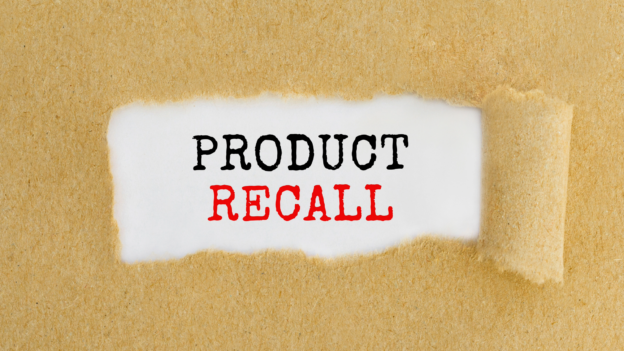In June 2024, the Supreme Court of Louisiana held that: (1) Amazon can be considered a “seller” of defective products sold by third parties on its website; and (2) Amazon can be liable under a theory of negligent undertaking for third-party products. In Pickard v. Amazon.com, Inc., No. 2023-CQ-01596, 2024 La. LEXIS 1112, a Louisiana man, Archie Pickard, died from burns sustained in a house fire allegedly caused by a defective battery charger purchased on Amazon from a third-party seller located in China. Mr. Pickard’s family filed a lawsuit against Amazon in the United States District Court for the Western District of Louisiana alleging claims under the Louisiana Products Liability Act (LPLA) and for negligent undertaking. Amazon filed a motion for summary judgment, which prompted the federal court to certify questions to the Supreme Court of Louisiana regarding these two claims.
Amazon Can be a “Seller” Under the Louisiana Products Liability Act
Amazon does not neatly fit within the definition of “seller” under the LPLA because the LPLA was drafted in 1988, before the internet existed. The LPLA defines a “seller” as a person or entity (who is not the manufacturer) who conveys title or possession of the product to another for something of value. La R.S. 9.2800.53(s) (emphasis added). The Supreme Court of Louisiana determined that Amazon was a “seller” because it conveyed “possession” of the charger to Mr. Pickard through the “Fulfillment by Amazon” (FBA) program, which provides storage, delivery, customer service, and returns of third-party products sold on Amazon. Most products on Amazon are sold by third parties, rather than Amazon. Many third-party sellers are small or medium-size companies, and some are individuals seeking to make supplemental income. Amazon offers the FBA program to handle storage and logistics to third-party sellers. When a product is sold through the FBA program, the seller sends the product to Amazon’s warehouses, where it is stored until it is purchased. When an FBA-product is purchased, Amazon collects payment, delivers the product (often in an Amazon van), and handles the potential return of the product. The Supreme Court of Louisiana determined that Amazon was a “seller” of the battery charger even though Amazon did not pass title to Mr. Pickard because: (1) Amazon had physical custody of the charger while stored in the warehouse; and (2) Amazon controlled the transaction and logistics through its FBA program.
Continue reading →
This entry was posted in 






